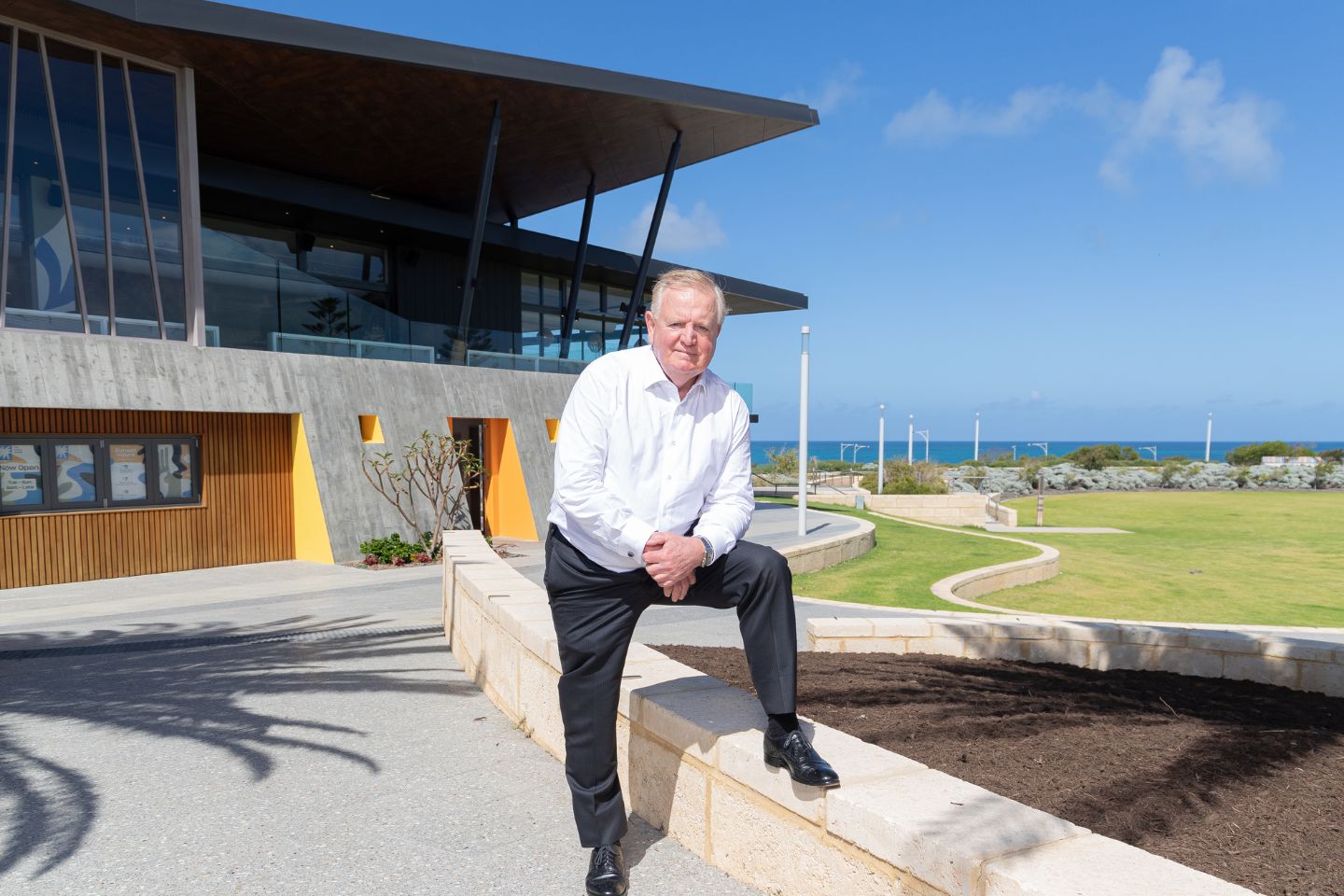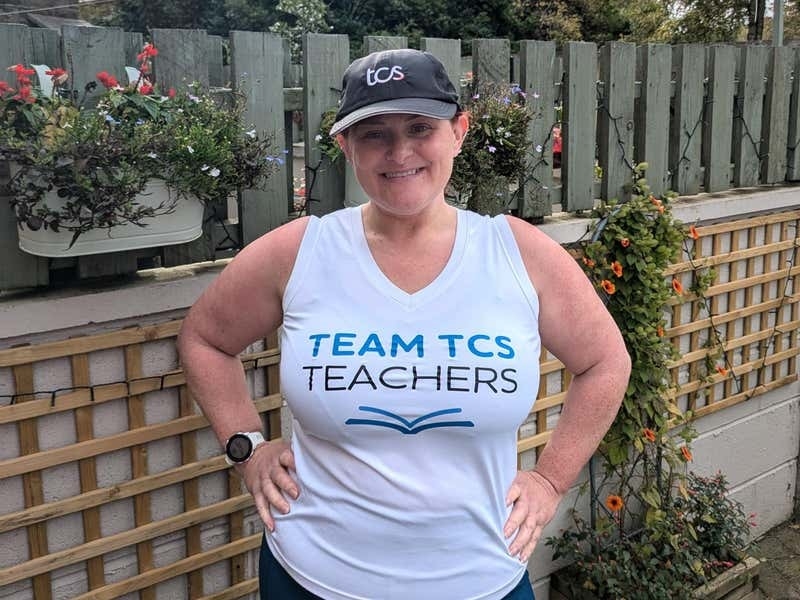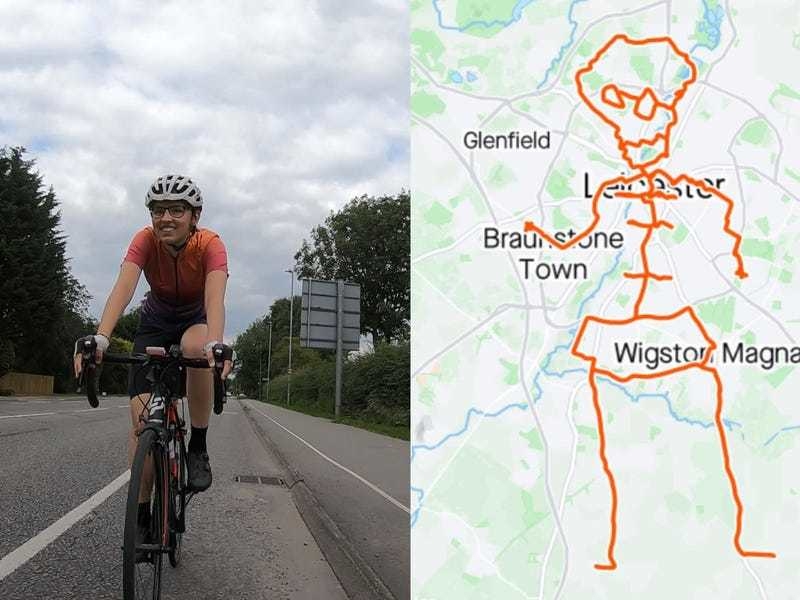
Article content The FBI dubbed their efforts to bring down an international drug ring allegedly moving cocaine from Colombia through Mexico and California into Canada as “Operation Giant Slalom.” It’s not hard to figure out why. Ryan Wedding, the man believed to be at the head of the crime group, is a former Olympic snowboarder who grew up in Coquitlam and competed in the 2002 Olympic Games in Salt Lake City.
He finished 24th in the parallel giant slalom. In announcing against Wedding this week, U.S.
officials repeatedly referred to him as an “Olympic athlete-turned-drug lord.” Although he remains at large and is believed to be living in Mexico, the 43-year-old was charged with running a continuing criminal enterprise, murder, and conspiring to possess, distribute, and export cocaine. The RCMP, who worked with the FBI on the operation for over a year, released a Thursday saying U.
S. officials had indicted 16 people, including 10 Canadians, as part of the crime network. Four men were arrested in Ontario, while the others were arrested in the U.
S., Mexico and Colombia. Police believe the drug ring moved cocaine from Colombia through Mexico into L.
A., where it was stored in “stash houses” before it was delivered to couriers who used long-haul semi-trailer trucks to drive it to Canada. Martin Estrada, the U.
S. Attorney for the Central District of California, said the group is believed to have moved 60 tons of cocaine through North America each year. Wedding and fellow Canadian Andrew Clark are also accused of ordering the murders of an Ontario family “in retaliation for a stolen drug shipment that passed through Southern California.
” Two people were killed and a third family member was seriously injured in November 2023, according to the U.S. indictment, which contains allegations that have not been proven in court.
The pair are also accused of ordering the killing of another person in May over a drug debt. Clark was arrested in Mexico on Oct. 8, while Wedding, who has 18 nicknames, including El Jefe, Giant and Public Enemy, remains on the lam.
Wedding was born in Thunder Bay, Ont., where his grandparents operated a small ski hill. His family moved to Coquitlam in 1991, when he would have been about eight years old.
He was a member of the Canadian National Snowboard Team from 1995 to 2002. In 2006, he was first publicly connected to criminal activity when he was named along with another competitive snowboarder in information the RCMP used to obtain a search warrant for a property in Maple Ridge. Police seized 6,800 marijuana plants at the house, but no one was charged.
Three years later, in 2009, Wedding was arrested in the U.S. after travelling with two friends from Vancouver to California to buy 24 kilos of pure Colombian “snow”.
The FBI claimed Wedding worked for a Vancouver-based drug lord who was under investigation in the U.S. for distributing large quantities of cocaine — up to 20 kgs a week — and laundering millions each month in crime proceeds.
During his trial, Wedding, then 27, claimed he volunteered for several cancer agencies and was an avid real estate investor. He also said he was training for the 2010 Olympics, although the Canadian Snowboard Federation said he had not competed in years. After Wedding was convicted, RCMP Staff Sgt.
Dave Goddard said the snowboarder’s fate should be a cautionary tale for other Canadians contemplating an attempt at drug-smuggling south of the border. “When you get somebody like Ryan Wedding, who was a part of our national snowboarding team, it is quite a bit larger fall from grace for him,” he said. “He has gone from being a role model for our youth to .
.. a convicted cocaine trafficker.
” A few months later, The Vancouver Sun reported that Wedding had agreed to a last-minute deal in order to reduce his U.S. jail time.
In exchange for forfeiting more than $121,000 seized during an airport sting and agreeing to drop an appeal of his conviction, Wedding was given a four-year sentence, considerably below the mandatory minimum of 10 years. There was speculation that he might be transferred to Canada to serve the remainder of his sentence. In 2015, Wedding and another Metro Vancouver man were charged with new drug offences in Nova Scotia.
But Wedding was never arrested and has remained a fugitive ever since. In 2021, when a Canadian cocaine smuggler who worked with the leader of Mexico’s notorious Sinaloa cartel was sentenced to 15 years in a U.S.
prison, Wedding’s name came up as an associate in the drug trade. According to Global News, investigators believe Wedding resumed trafficking after he was released from prison and was protected by the cartel in Mexico. The current murder and criminal enterprise charges levelled against Wedding carry a mandatory minimum penalty of life in a federal prison, while the drug trafficking charges have a minimum penalty of 10 to 15 years in jail.
U.S. officials have placed a $50,000 US bounty on his head.
“The Wedding Drug Trafficking Organization and its unremitting, callous and greed-driven crimes has been operating for far too long, spanning several countries, from Colombia through Mexico, the U.S. and to Canada,” said Matthew Allen, special agent in charge of the Drug Enforcement Administration’s L.
A. field division this week. “They have triggered an avalanche of violent crimes, including brutal murders.
Wedding, the Olympian snowboarder, went from navigating slopes to contouring a life of incessant crimes.”.










